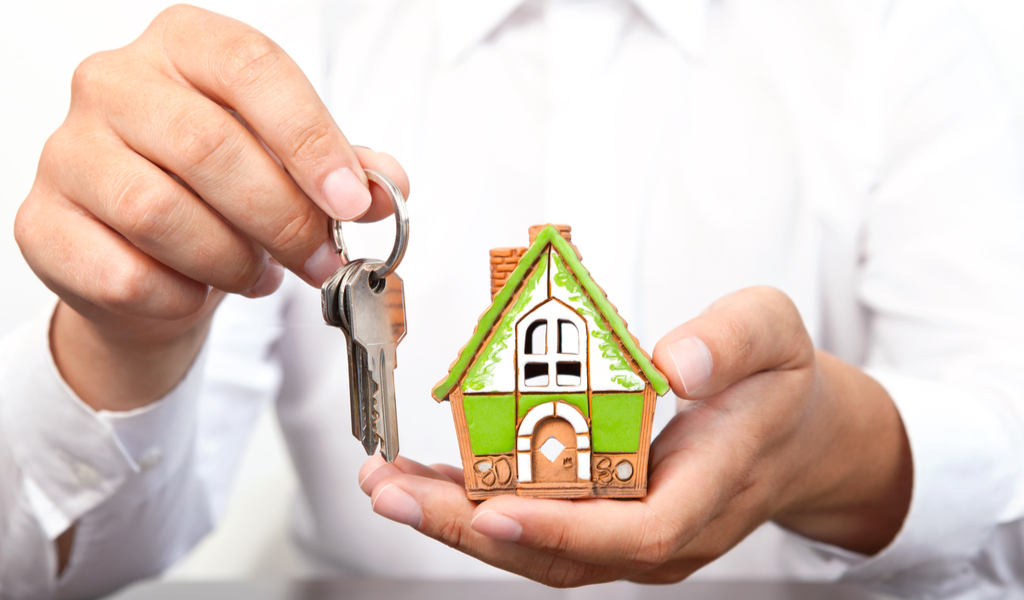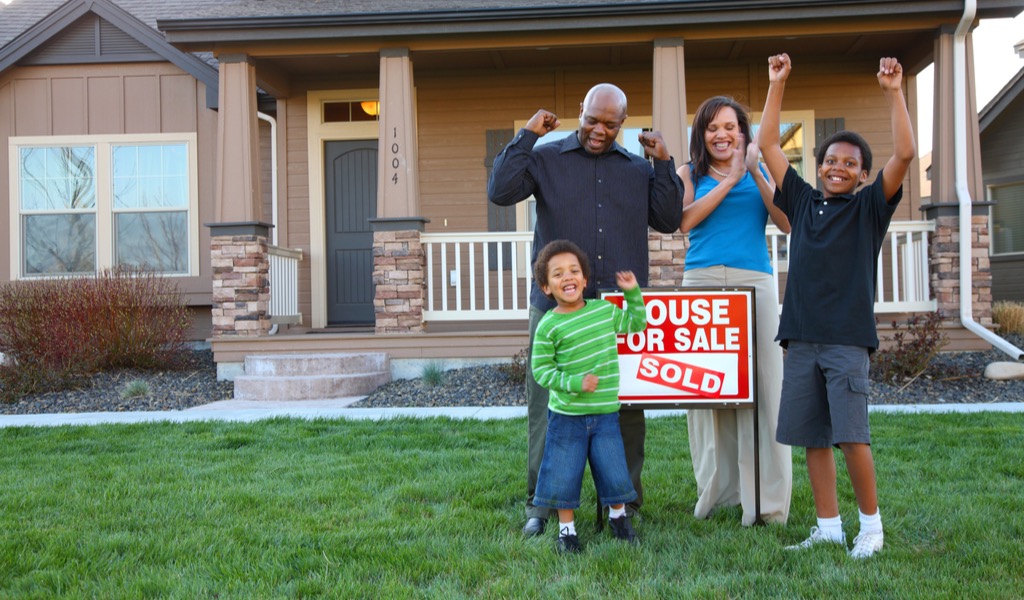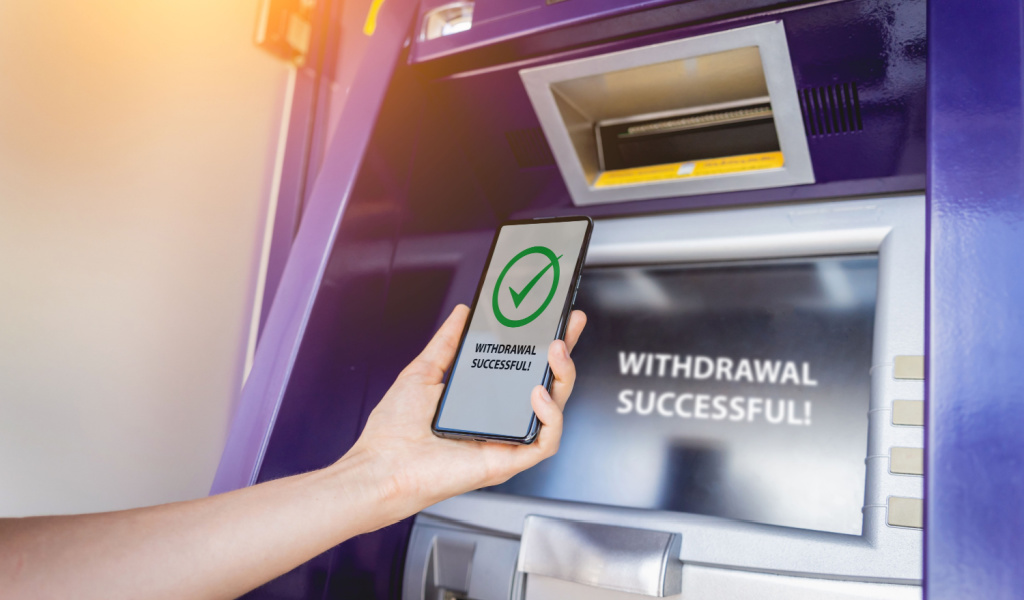At a certain point in your life, you may be wondering if its time to take the plunge and buy your own house. But a massive decision like that comes with its fair share of anxieties as well. To put your mind at ease, here’s a checklist you can go through to determine if you are ready to become a homeowner.

1. You Can Afford the Down Payment
There are several costs that come with the purchase of a home, the largest of which is the down payment. If you have enough saved up to afford to pay at least 10% of the cost of the house upfront, then you are financially ready to take the plunge. If you can pay more, say 15-20%, it would be even better for you in the long run. The amount you put down upfront will also affect the type of mortgage and loans you will be eligible for.
2. You Have a Good Credit Score
A good credit score is a sort of indication of how well you are doing in life. That’s why banks feel more at ease to loan you money, which is an essentiality for buying a house. The interest rates will also be much more favorable if you have good credit. For instance, a minimum credit score of 580 will make you eligible for an FHA loan with a 3.5% down payment. Although a good credit score isn’t a must, your chances of getting a mortgage approved if you have a 640 or higher are so much better.

3. You Don’t Have Any Debt
When undertaking such a significant financial burden in the future, you will want to make sure any past debts/outstanding payments have been done and dusted. Apart from your mortgage, you will also need to pay for things like homeowner’s insurance, property tax, and repairs/maintenance of the home, so you’ll want to ensure your cash isn’t tied up in other debt. Being in debt will also affect your credit score, which isn’t good as we discussed above.
4. You Have a Good Savings Plan
When embarking on this journey, not only do you need to ensure that you have enough saved up for a down payment, but also that there’s a good amount of money left over afterward! Ideally, this amount should be enough to cover at least a year of mortgage and bill payments.
An emergency fund is crucial because you do not know what would happen in the future. Lots of unexpected expenses could come your way, or you could even lose your job. Relying solely on monthly income for living expenses and mortgage payments is not a viable option.

5. A Steady Job and/or Promotion
Once you sign that agreement, the mortgage payments are going to start rolling in. So, if you’re looking to change careers or do not have a stable job, this is not the right time to become a homeowner. On the other hand, if you’ve been at the same job for 2+ years and feel secure in it, not only will you feel personally ready, it will also be much easier to get approval for a loan. If you just got promoted at work, that’s even better! You’ll want to ensure that not more than 30% of your monthly salary is going towards the mortgage – there needs to be plenty left over for all the other expenses.
6. You’ve Evaluated Your Long-Term Living Plans
You will want to evaluate your long-term living plans carefully before choosing to buy a house. Are you happy with your current living environment, or are you planning on moving anytime soon? Do you think you will live in the same city for a long time? Buying is cheaper than renting in the long run, but not if you don’t plan to live in the same place for more than 3 years. Buying a house will also serve as a good investment since housing prices are always going up thanks to inflation.
Relationship milestones like getting married and having children are also major influencers in your decision to buy a home. Married couples feel like they are investing in their combined future by buying a house. Parents of children also often buy homes so that the little ones can have a safe, secure, and stable home to grow up in.

7. You Are Ready for the Responsibility
A lot of people begin considering homeownership because they get tired of renting from others and never really feeling like they’re living in their own homes. But that’s no reason to rush into such a decision. Other than the obvious financial responsibility of making timely mortgage payments, being a homeowner also comes with several other responsibilities.
Young people often prefer renting for this very reason. They do not have the time or knowledge to keep up with everything that needs to be done in a house. Broken dishwasher? There’s no landlord to rush to the rescue anymore, cause that’s you! However, you can ease the burden a little bit by getting a home warranty plan, which covers a lot of the home repairs at a fixed monthly cost. But, of course, that means you need to add another bill to the list!
8. You’ve Done Your Research
Just like many other major life decisions, it’s important to have done your research thoroughly and have weighed the pros and cons of homeownership. I guess reading this article is one of the steps you’ve taken!
Your scope of research will start at what you are looking for in a house and neighborhood. Some of the factors that you will need to consider include commute time to work if it’s a good school district if you have children, and about the local conveniences available like grocery stores/playgrounds, etc. You’ll also want to determine what you’re looking for when it comes to the amenities available in the actual house like the number of bedrooms, backyard, etc. Then you will calculate how much you can afford in terms of house price and mortgage payment. Comparing the two, you can narrow down areas of the city to focus on.
Basically, knowing what you want and what you can afford is going to help you make a much more streamlined decision. It’s going to take some of the emotion out of such a big milestone so you can ensure you get the best deal possible!



